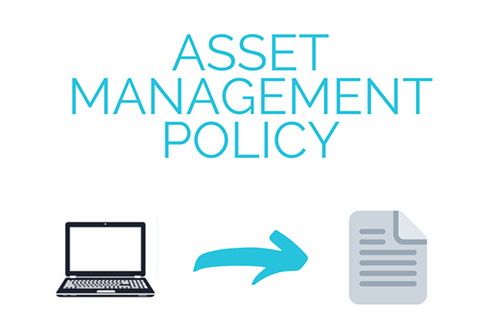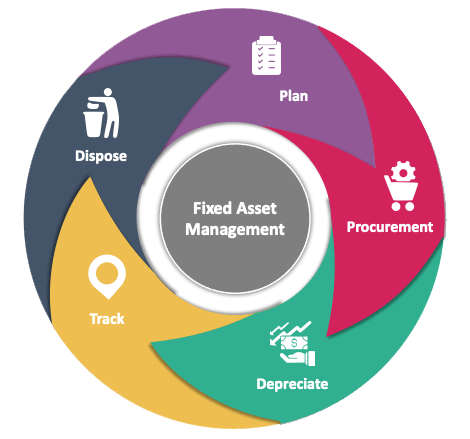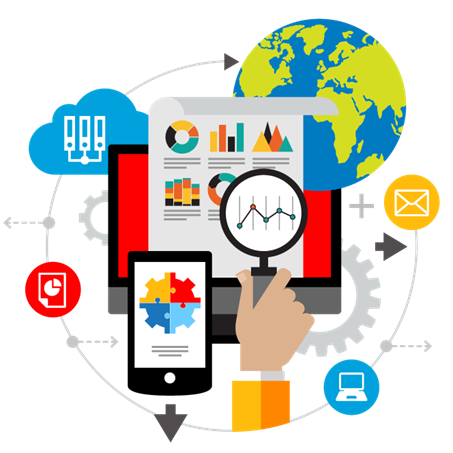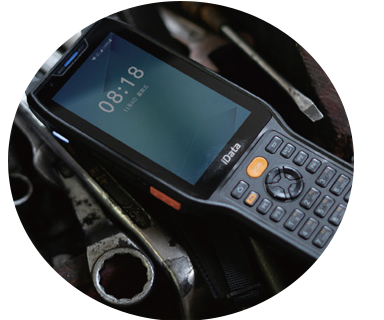Assets management
policy development
Services
Assets management policy development
 Asset management refers to the systematic approach of acquiring, operating, maintaining, upgrading, and disposing of assets to achieve an organization’s objectives efficiently and effectively. It encompasses a wide range of assets, including equipment, infrastructure, technology, intellectual property, and more. A well-defined asset management policy plays a crucial role in ensuring that these assets are utilized optimally, providing value and mitigating risks for the organization.
Asset management refers to the systematic approach of acquiring, operating, maintaining, upgrading, and disposing of assets to achieve an organization’s objectives efficiently and effectively. It encompasses a wide range of assets, including equipment, infrastructure, technology, intellectual property, and more. A well-defined asset management policy plays a crucial role in ensuring that these assets are utilized optimally, providing value and mitigating risks for the organization.
The development of an asset management policy requires a deep understanding of industry best practices, regulatory requirements, and the specific needs and goals of the organization. By engaging us, businesses can benefit from the expertise of our professionals for we possess in-depth knowledge and experience in asset management principles and practices.
Here are some key aspects we typically covered as a part of the service:
- Assessment and Analysis: We conducts a comprehensive assessment of the organization’s current asset management practices, policies, and procedures. Then analyze existing frameworks, identify gaps, and evaluate risks and opportunities. This assessment helps in understanding the organization’s asset landscape and developing tailored policies.
- Policy Framework Design: Based on the assessment findings and industry best practices we collaborate with the organization to design a robust policy framework. This framework outlines the guiding principles, objectives, roles and responsibilities, and the overall structure of the asset management policy.
- Policy Documentation: We include the development of detailed policy documentation that articulates the specific guidelines and procedures for asset acquisition, utilization, maintenance, disposal, and risk management. These documents serve as a reference for employees and stakeholders to ensure consistent adherence to the established asset management practices.
- Compliance and Regulatory Considerations: We take into account relevant compliance requirements and regulatory standards applicable to the organization’s industry. The asset management policy is designed to align with these regulations, ensuring the organization meets its legal obligations and minimizes potential liabilities.
- Continuous Improvement and Review: An effective asset management policy is not a static document but evolves over time. We assist in establishing a framework for regular review, assessment, and improvement of the policy to adapt to changing business needs, technological advancements, and regulatory updates.
- Training and Change Management: Implementation of the asset management policy often requires a change in organizational culture and practices. We may offer training programs and change management support to facilitate a smooth transition, ensuring that employees understand the policy and are equipped to comply with its requirements.
By availing asset management policy development as a service, organizations can benefit from a tailored approach that aligns with their unique requirements and industry standards. It provides expert guidance throughout the policy development process, helping businesses establish robust asset management practices that contribute to improved operational efficiency, risk mitigation, cost optimization, and better utilization of resources.
Our Policy

Fixed Assets Management Policy Development
A critical objective of the service is to develop a Fixed Assets Management policy for the company, jointly with the client’s staff. The policy provides guidelines and framework to help the Client to optimize assets usage throughout its life cycle, including acquisition and disposal.

Assets Register Development And Assets Tagging
The service includes assets verification, data collection and Barcode tagging so as to enable creation of a credible Fixed Assets register for the client, as well as automated assets management and audit. This may include sourcing and supply of an assets management software.

Portable Data Terminals
The PTD is a portable computer, with ability to scan the barcodes on the asset tags and to verify the data on inbuilt software or with fixed assets management module off-site. The benefits of using PDTs are numerous. They improve data accuracy, reduce paperwork, streamline processes, and enhance overall operational efficiency.
